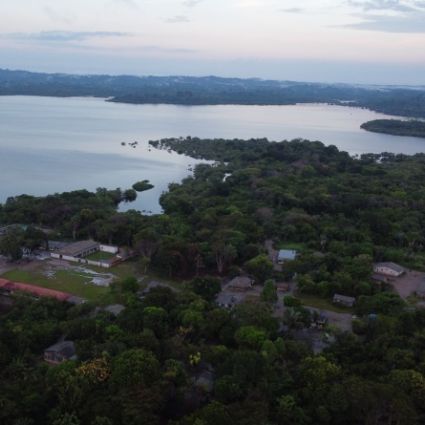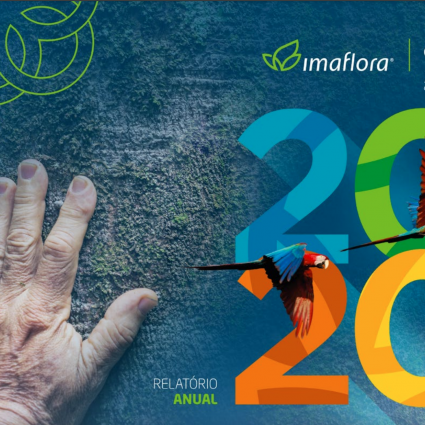One of Imaflora's core missions over nearly thirty years has been to help forestry and agriculture supply chains become more sustainable and accountable. To help make this vision a reality, we were the first to introduce forestry and agricultural certifications in Brazil.
Over the years, we have built on our expertise in certifications to diversify and develop new solutions for traceability, emissions accounting, audits and monitoring, reporting and verification protocols designed with basis on the needs of each producer or company. In doing so, we are also helping to reshape the agri-food system in line with the need to adapt to the climate crisis, as well as increase the adoption of good socio-environmental practices in agricultural chains, one of the cornerstones of our strategic planning.
In 2024, companies increasingly turned to Imaflora for activities that drive positive socio-environmental impact, including due diligence, regenerative agriculture, carbon accounting, risk mitigation, and community engagement. This effort demonstrates that the private sector is increasingly aware of its role in addressing the crisis—and, more importantly, that promoting environmental compliance and human rights within forestry and agricultural supply chains is possible.
A prime example of this is the ReSafra programme, launched in 2024 in partnership with Solidariedad and Raízen, to audit and certify companies providing third-party labour. The service has been introduced into the sugar cane sector, but can be replicated for other crops.
Certification continues to be one of our pillars to ensure that a product has a sustainable origin and a production guarantee. In 2024, we expanded our client portfolio for agricultural certifications and verifications, with the SAI Platform Verification standing out as a highlight, where Imaflora held an estimated 15% to 20% share of the Brazilian market. This reflects the agricultural sector's growing commitment to involve its suppliers in socio-environmental criteria.
Still within the scope of legality and human rights in rural areas, one of the services that grew significantly in 2024 was socio-environmental impact assessment. In a project with a large biofuel producer, for example, Imaflora was responsible for conducting preliminary assessments of areas, engaging with surrounding communities to analyze potential impacts and propose mitigation measures.
The involvement of communities and other stakeholders was also boosted by the new standards introduced by PEFC and FSC forest certifications, in which Imaflora played an active role in defining new criteria addressing issues such as harassment, prejudice and anti-discrimination measures.
In addition to promoting the recovery of degraded areas, it is important to prevent new areas from being cleared. This is exactly the focus of the Beef on Track programme, which expanded its reach in 2024 with the launch of the Voluntary Monitoring Protocol for Cattle Suppliers in the Cerrado region, as well as coordinating the different links in the supply chain through training workshops. The programme's impact can already be seen in the latest audit cycle of the Cattle Agreement (TAC), which covered roughly 64% of cattle slaughtered in the Amazon.
But while it's important to encourage good production practices in the field, it is just as important to measure the real impacts they generate. In the carbon area, we carried out a study on coffee emissions through the Carbon on Track service. A study on coffee growing in Espírito Santo found that management based on good practices had a more favourable GHG balance than traditional management.
What we observed in 2024 was a growing shift in the forestry and agriculture sectors toward more sustainable, regenerative production practices, with stronger assurances of traceability and lower emissions. We believe the sector is becoming more mature and increasingly aware of the need to help Brazil meet its emissions reduction targets—both to safeguard the business sector itself and to ensure harvests can meet domestic and international demand for food and commodities.



